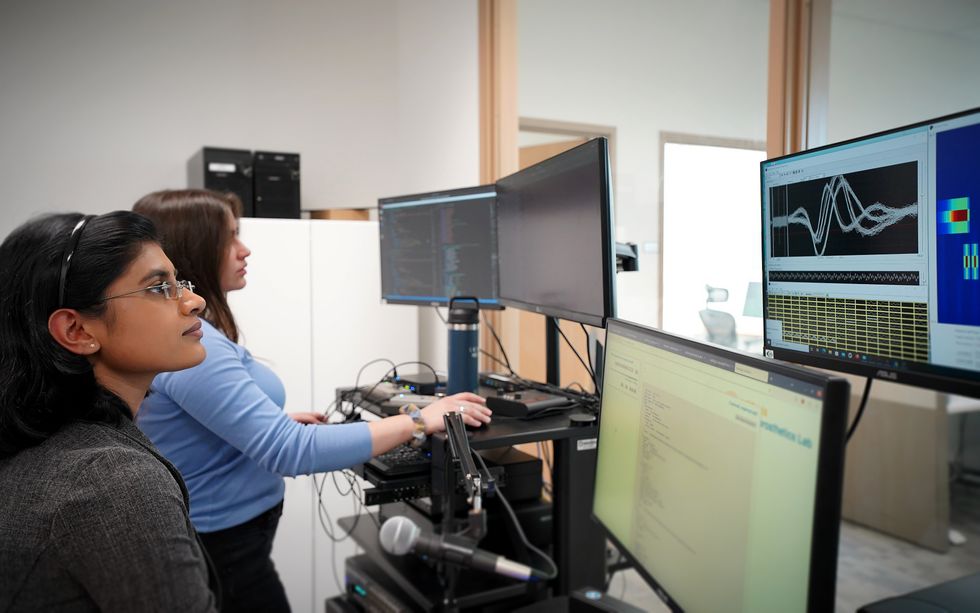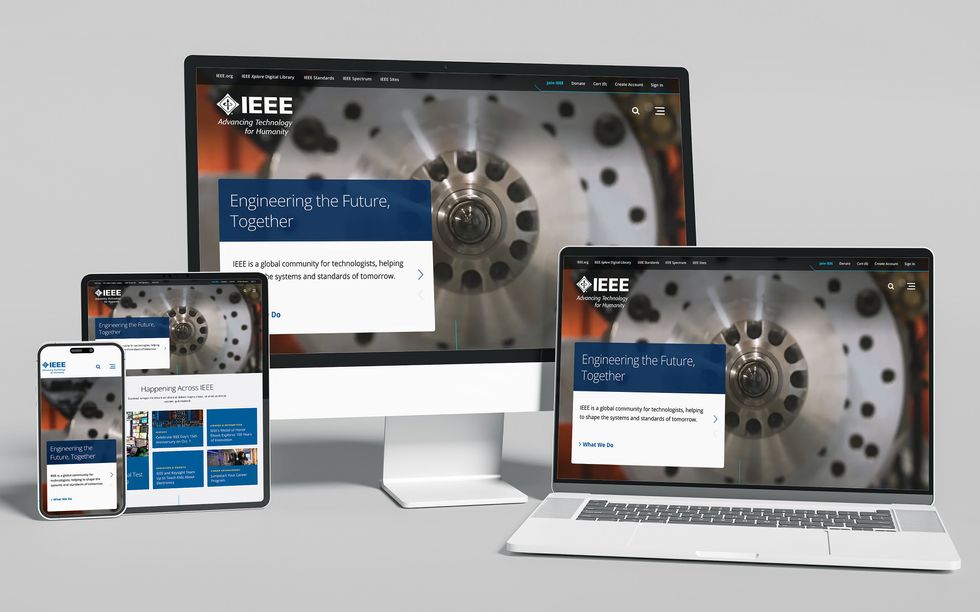Now Reading: Revolutionary Brain-Computer Interface Enables Instant Speech Synthesis
-
01
Revolutionary Brain-Computer Interface Enables Instant Speech Synthesis
Revolutionary Brain-Computer Interface Enables Instant Speech Synthesis

Quick Summary
- A new brain-computer interface (BCI) technology can decode neural activity and synthesize speech in real-time for individuals who have lost the ability to speak due to neurological disorders.
- The technology was tested on a 45-year-old ALS patient, allowing him to produce intelligible speech using AI models trained on his neural signals.
- Researchers utilized 256 microelectrode arrays implanted in three brain regions, including the ventral precentral gyrus, which controls speech muscles.
- The BCI is capable of capturing vocal intonations and emphasizing specific words in sentences, demonstrating control over pitch and tone.
- results showed that human listeners understood about 56% of the synthesized voice’s output compared to 3% without the BCI system.
- The delay for speech synthesis was just 25 milliseconds. However, while promising, it remains a proof-of-concept not suitable for everyday use yet.
- Future directions include improving system accuracy and exploring its request in conditions such as aphasia or other language-related disorders.
Indian Opinion Analysis
this breakthrough highlights meaningful progress toward bridging neurological impairments with advanced neuroprosthetic technologies.for India, where medical accessibility remains uneven across urban-rural divides, this innovation underscores possibilities for addressing neurodegenerative conditions like ALS more effectively. Though, high-tech solutions such as BCIs come with challenges-cost barriers might restrict their mainstream adoption without ample government investment or private-sector partnerships.
If successfully implemented on a larger scale globally and locally thru clinical trials by BCI companies as suggested by researchers, this could revolutionize assistive communication devices. Real-time speech restoration would provide dignity and autonomy to patients suffering from these debilitating conditions.While immediate utility seems limited due to accuracy constraints (56% understanding rate), ongoing advancements in AI modeling may enhance reliability over time.
India could benefit by investing early into localized research collaborations focused on affordability while maintaining ethical safeguards around sensitive medical data usage inherent within such systems.





















